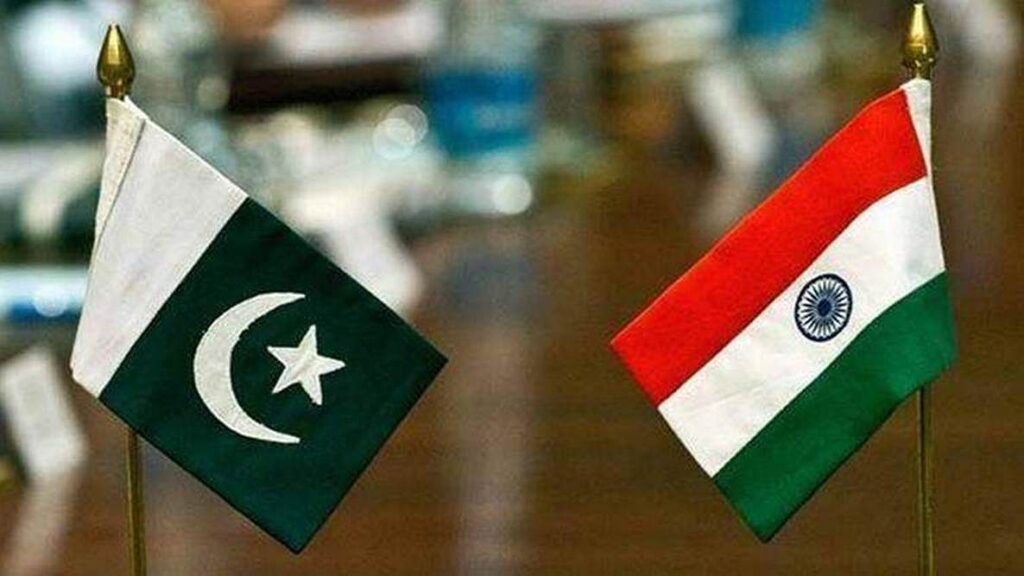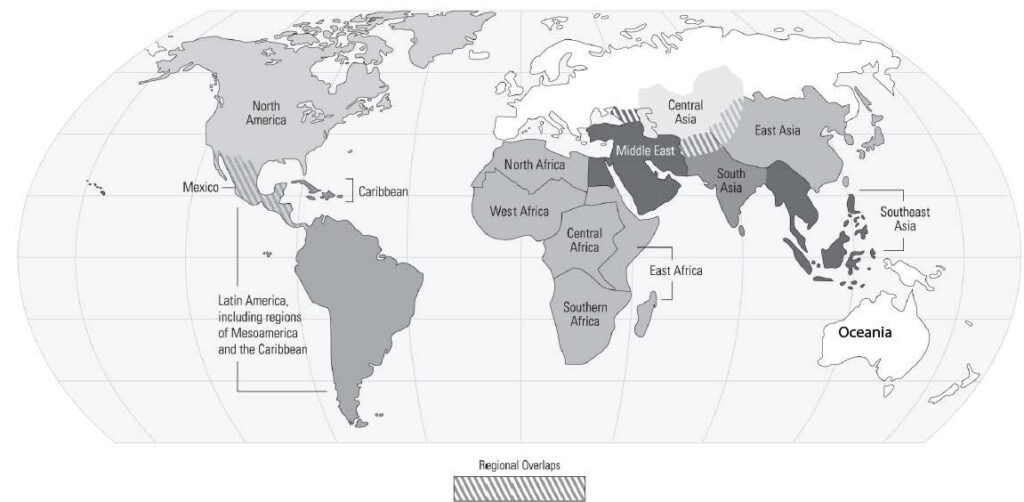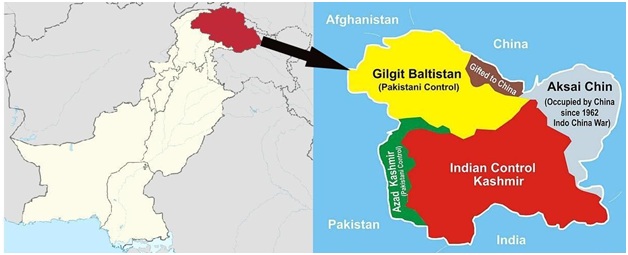Why Gilgit-Baltistan matters to India and Pak – Best NDA Coaching in Lucknow
Why Gilgit-Baltistan matters to India and Pak

Warriors Defence Academy | Best NDA Coaching in Lucknow | Best Airforce Coaching in Lucknow | Best Defence Coaching in Lucknow India.
Address: 545-GA/1-CHHA, beside Madhuwan Guest house Chandganj Near Railway crossing, Kapoorthla, Lucknow, Uttar Pradesh 226006
Phone: 07081011964
#bestndacoachinginlucknow #topndacoachinginlucknow #topndacoachinginindia #bestndacoachinginindia
The Pakistan government has finalised legislation for incorporating the region as a province. How was it ruled so far, and why the change of status now? set of amendments would be introduced to give Gilgit-Baltistan representation in Pakistan’s parliament, besides the establishment of the Assembly. It is also said to have provisions for representation of the region in the National Assembly and the Senate.
PAKISTAN’S LAW and Justice Ministry has finalised draft legislation to incorporate Gilgit-Baltistan, the region known before 2009 as Northern Areas, as a province of the country. according to a report in Dawn newspaper. New Delhi, which has asserted that Gilgit-Baltistan is an integral part of India “by virtue of the legal, complete and irrevocable accession of Jammu & Kashmir to the Union of India in 1947 is yet to respond to the latest report but is certain to do so. The area’s strategic importance for India has increased in light of the China-Pakistan Economic Corridor agreement, under which Beijing is investing hugely to develop the area as part of its Belt and Road Initiative, and the concerns of a two-front war after the standoff in Eastern Ladakh last year.
History of the region

Gilgit was part of the princely state of Jammu & Kashmir but was ruled directly by the British, who had taken it on lease from Hari Singh, the Hindu ruler of the Muslim-majority state. When Hari Singh acceded to India on October 26, 1947, the Gilgit Scouts rose in rebellion, led by their British commander Major William Alexander Brown. The Gilgit Scouts also moved to take over Baltistan, which was then part of Ladakh and captured Skardu, Kargil and Dras. In battles thereafter, Indian forces retook Kargil and Dras in August 1948.
Before that, on November 1, 1947, a political outfit called the Revolutionary Council of Gilgit-Baltistan had proclaimed the independent state of Gilgit-Baltistan On November 15, it declared it was acceding to Pakistan, which accepted the accession only to the extent of full administrative control, choosing to govern it directly under the Frontier Crimes Regulation, a law devised by the British to keep control of the restive tribal areas of the northwest.
Following the India-Pakistan ceasefire of January 1, 1949, Pakistan in April that year entered into an agreement with the “provisional government of “Azad Jammu & Kashmir parts that had been occupied by Pakistani troops and irregulars-to take over its defence and foreign affairs, Under this agreement, the “AJK” government also ceded administration of Gilgit-Baltistan to Pakistan.
Beyond the provinces
In 1974, Pakistan adopted its first full-fledged civilian Constitution, which lists four provinces -Punjab, Sindh, Balochistan and Khyber Pakthunkhwa. Pakistan-Occupied Kashmir (Pok) and Gilgit-Baltistan were not incorporated as provinces. One reason ascribed to this is that Pakistan did not want to under- mine its international case that the resolution of the Kashmir issue had to be in accordance with UN resolutions that called for a plebiscite. In 1975, Pok got its own Constitution, making it an ostensibly self-governed autonomous territory. This Constitution had no jurisdiction over the Northern Areas, which continued to be administered directly by Islamabad (the Frontier Crimes Regulation was discontinued in 1997 but repealed only in 2018) In reality, Pok too remained under the control of Pakistani federal administration and the security establishment, through the Kashmir Council.
The main difference was that while the people of Pok had rights and freedoms guaranteed by their own Constitution, which mirrors the Pakistan Constitution, the people of the minority Shia-dominated Northern Areas did not have any political representation. Although they were considered Pakistani, including for citizenship and passports, they were outside the ambit of constitutional protections available to those in the four provinces and Pok.
First changes
It was only in the first decade of the new century that Pakistan began considering changes to its administrative arrangements in the Northern Areas, as the constitutional limbo became untenable due to the new post-9/11 dynamics of the region and the increasing Chinese involvement in strategic development ventures. Gilgit-Baltistan was vital to those projects, given that it provides the only land access between the two countries. In 2009, Pakistan brought in the Gilgit-Baltistan (Empowerment and Self- Governance) Order, 2009, replacing the Northern Areas Legislative Council (NALC) with the Legislative Assembly, and the Northern Areas were given back the name of Gilgit-Baltistan The NALC was an elected body but had no more than an advisory role to the Minister for Kashmir Affairs and Northern Areas, who ruled from Islamabad. The assembly is only a slight improvement. It has 24 directly elected members and nine nominated ones. The ruling party in Islamabad has won every election held to the region’s Assembly since 2010. In November 2020, Prime Minister Imran Khan’s Pakistan- Tehreek-i-Insaf won 24 of 33 seats.
Provincial status
On November 1, 2020, observed in Gilgit- Baltistan as “Independence Day Imran Khan announced that his government would give the region “provisional provincial status”. In March this year, the newly elected Assembly passed a unanimous resolution demanding an amendment to the Constitution to make Gilgit- Baltistan a provisional province of Pakistan, without prejudice to the Kashmir dispute”.
According to Dawn, Imran Khan had in July asked his Law Minister to fast-track draft legislation for making Gilgit-Baltistan province, and it has been finalised now as the 26th Constitutional Amendment Bill and submit- ted to him. The proposed law is believed to suggest that because of its status as part of the unresolved Kashmir issue, Gilgit-Baltistan be given provisional provincial status by amending Article 1 of the Constitution. Separately, a set of amendments would be introduced to give Gilgit-Baltistan
representation in Pakistans parliament, besides establishment of the region in the national assembly and the Senate.
The change in status, when it happens, will meet a long-standing demand of the 1.5 million people of Gilgit-Baltistan. There is anger against Pakistan for unleashing sectarian militant groups that target Shias, but the predominant sentiment is that all this will improve once they are part of the Pakistani federation. There is a small movement for independence. But it has very little traction.
While some reports have suggested that Pakistan’s decision is under pressure from China, wary that Gilgit-Baltistan’s ambiguous status might undermine the legality of its projects there, there is also speculation that this could be a precursor to Pakistan’s acceptance of India’s August 5, 2019 changes doing away with Kashmir’s special status. During the Pok elections, the Pakistan Muslim League (N) had alleged Imran Khan was about to incorporate both Gilgit-Baltistan and Pok as provinces of Pakistan in a “secret deal” with India.
CONTENT BY PRASHANT SINGH
Faculty of personality development | 5+ years of experience of teaching | Masters in English literature | 10 times CDS qualified, | Defence enthusiast, educator and explorer
